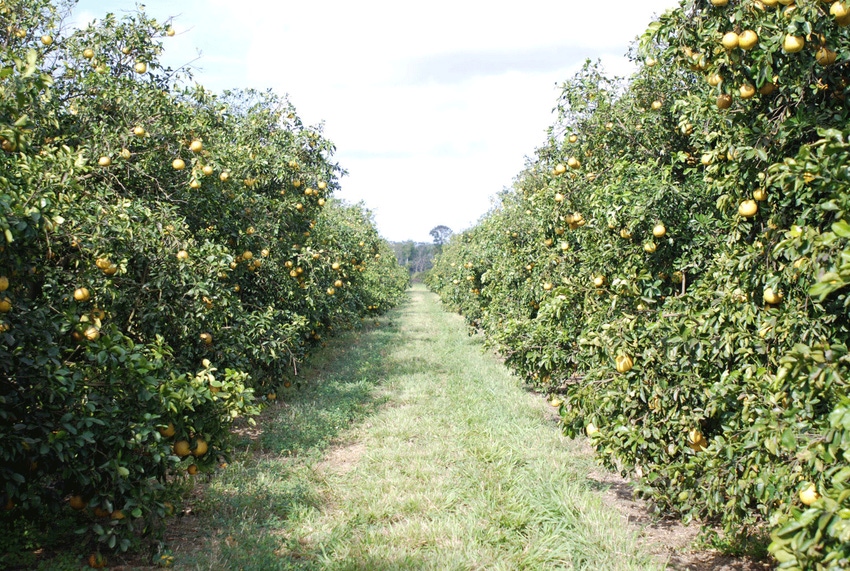
Third Medfly found in Pompano Beach, Fla.
• Eradication program activities will increase with this latest find.• The Department is working to set additional traps and will expand the regulated quarantine boundary approximately one mile to the south and one mile to the west to include properties around the new discovery.
March 25, 2011

The Florida Department of Agriculture and Consumer Services has positively identified the presence of an egg-bearing female Mediterranean fruit fly (Medfly), Ceratitis capitata, collected by an agriculture technician at the U.S. Department of Agriculture (USDA) during ongoing Medfly eradication activities in Pompano Beach, Broward County.
In February, two male Medflies were discovered in Pompano Beach and, in response, the Department initiated an eradication program. Eradication efforts include adding more fruit fly traps in the immediate area and establishing a quarantine area to certify fruits or other host materials moving in and out of the quarantine zone.
In addition, the Department is applying the Sterile Insect Technique, a biologically-based reproduction control method that releases large quantities of sterile male Medflies in numbers great enough to outnumber the potential for mating by wild males. Wild female insects that mate with sterile males do not produce offspring. It has not been determined whether the female wild fly collected in Pompano was mated with a sterile or fertile male fly.
Eradication program activities will increase with this latest find. The Department is working to set additional traps and will expand the regulated quarantine boundary approximately one mile to the south and one mile to the west to include properties around the new discovery. The area, outlined on the attached map, will be treated and fruit will be stripped to remove food sources of any other wild flies that may be present. The public will be notified 24 hours in advance of any treatment or fruit stripping activities.
The Mediterranean fruit fly is considered the most serious of the world’s fruit fly pests due to its potential threat to the food supply and economic harm. It attacks more than 250 different fruits, vegetables and nuts, including citrus, mangos, guava, tomatoes and peppers. The flies’ eggs are laid in the fruit and develop into maggots causing the fruit to rot. They emerge as adults once the fruit falls to the ground. Medflies breed continuously when host fruits are available. Population growth may be explosive, as females are capable of producing hundreds of eggs.
Residents whose property falls within the regulated area should follow these guidelines:• • Do not move any fruits and vegetables off your property.
• Pick up any fallen fruits and vegetables from your yard.
• Double-bag in plastic any fruits and vegetables that are being thrown out as garbage. Securely tie the plastic bags and leave them out for household garbage pickup, not yard waste.
• Allow state and federal representatives access to your property for survey, trapping or treatment activities.
State and federal agencies will work with local governments to keep the public involved and notified with accurate information. Residents with questions or concerns can call the Department’s toll free number at 888-397-1517 or visit www.freshfromflorida.com/pi/medfly to find additional information.
For more information about the Department of Agriculture and Consumer Services, visit www.FreshFromFlorida.com.
You May Also Like



